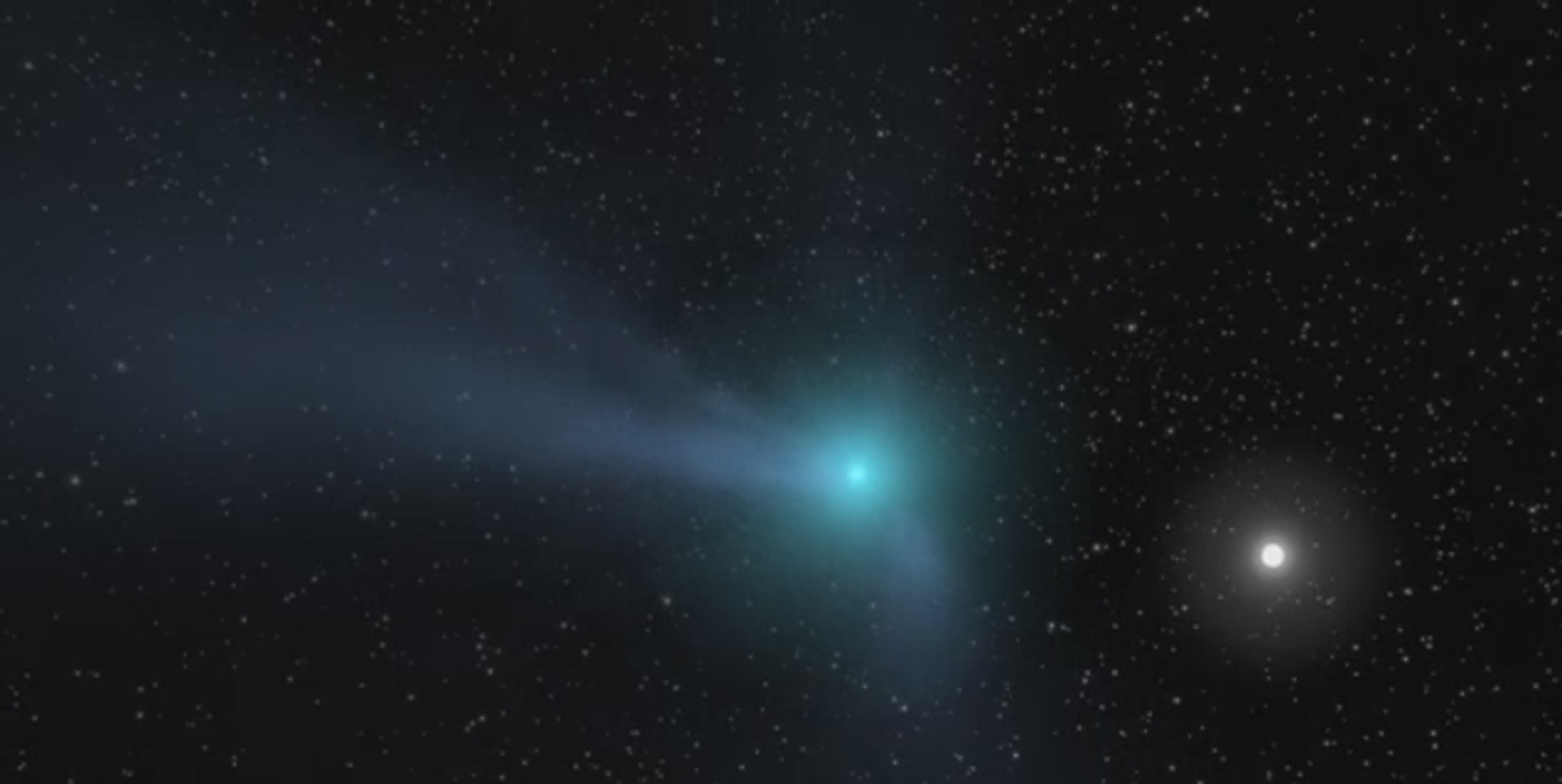
“We are now working on getting more observations of this unusual object,” explains Marco Micheli, of the European Space Agency’s Near-Earth Object Coordination Center. “We need to wait a few days to really pin down its origin with observations that will either prove the current thesis that it is interstellar, or perhaps drastically change our understanding.”
First spotted on August 30 by amateur astronomer Gennady Borisov at the Crimean Astrophysical Observatory, the object, named C/2019 Q4 (Borisov) by the Minor Planet Center, follows a highly hyperbolic trajectory at a high rate of speed–roughly 34 km/s (21.13 miles/s, or 76,068 mph)–ruling out the possibility that it orbits our Sun, and likely comes from interstellar space. The object came from the direction of the constellation of Perseus near the border with Cassiopeia, and is expected to make its closest approach to the Sun around December 6-7 of this year.
Unlike ‘Oumuamua, C/2019 Q4 is an actual comet, having been confirmed to have a composition similar to regular comets that originate at the edges of our Solar System; initially, ‘Oumuamua was assumed to be a comet due to the high eccentricity of its orbit, only to later be found to lack a coma, the fuzzy gaseous envelope intrinsic to comets. And at 34 km/s, C/2019 Q4 is also traveling much faster than ‘Oumuamua’s 26.33 km/s, making it an even less likely candidate for an intercept by a space probe than its oblong predecessor.
Also unlike ‘Oumuamua, C/2019 Q4 was spotted before it entered the Solar System, giving researchers more time to study the comet before it careens back into interstellar space. Currently, it’s behind the Sun, but will be visible again by early October.
Subscribers, to watch the subscriber version of the video, first log in then click on Dreamland Subscriber-Only Video Podcast link.
I have had a problem trying to post on (LATEST NEWS) so I am taking this opportunity to comment now. I know this comment is off subject……..
https://start.att.net/news/read/article/newsweek-these_are_the_us_states_that_will_be_most_affected-rnewsweek/category/news